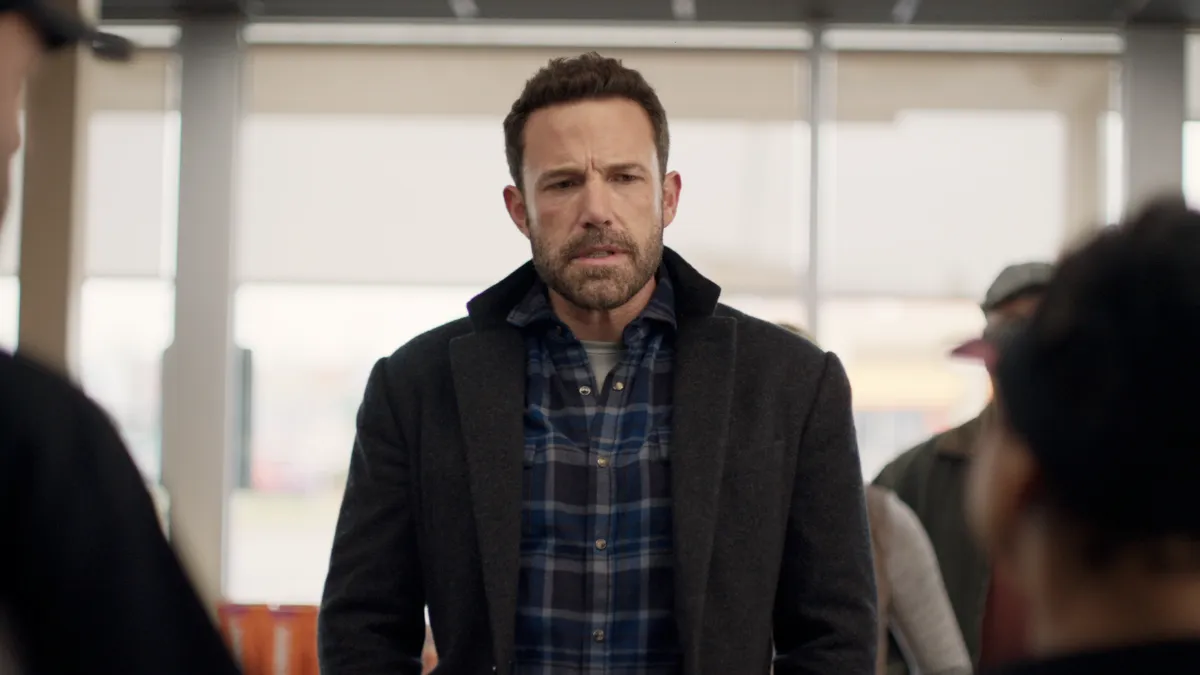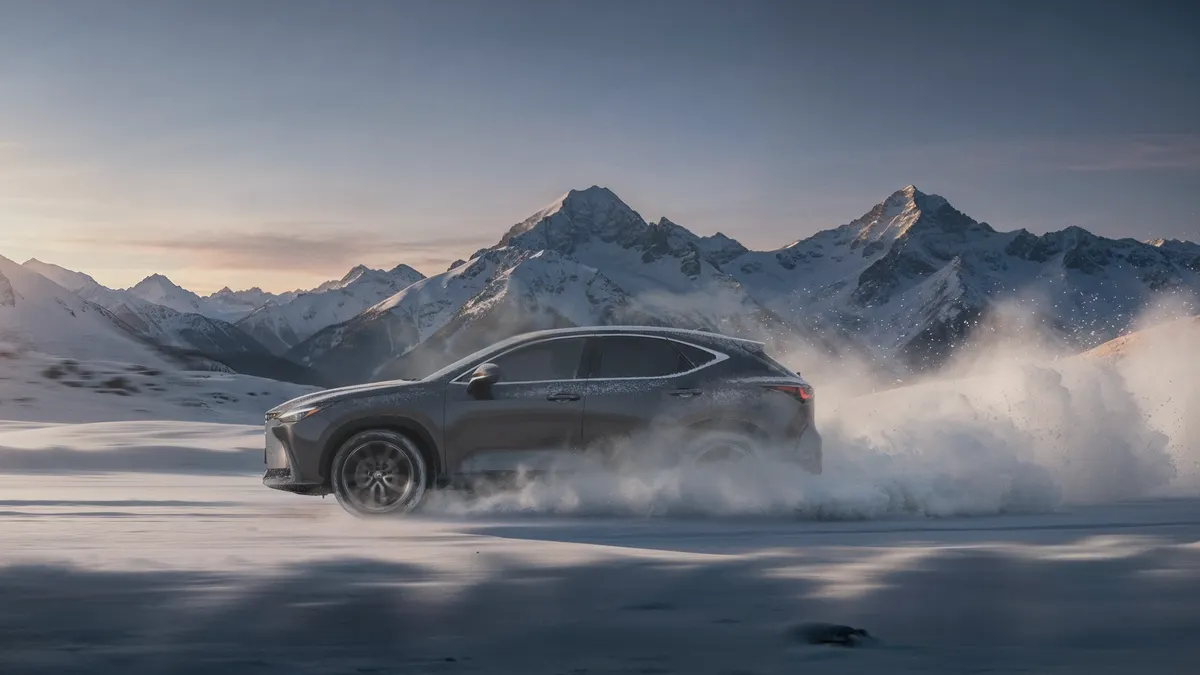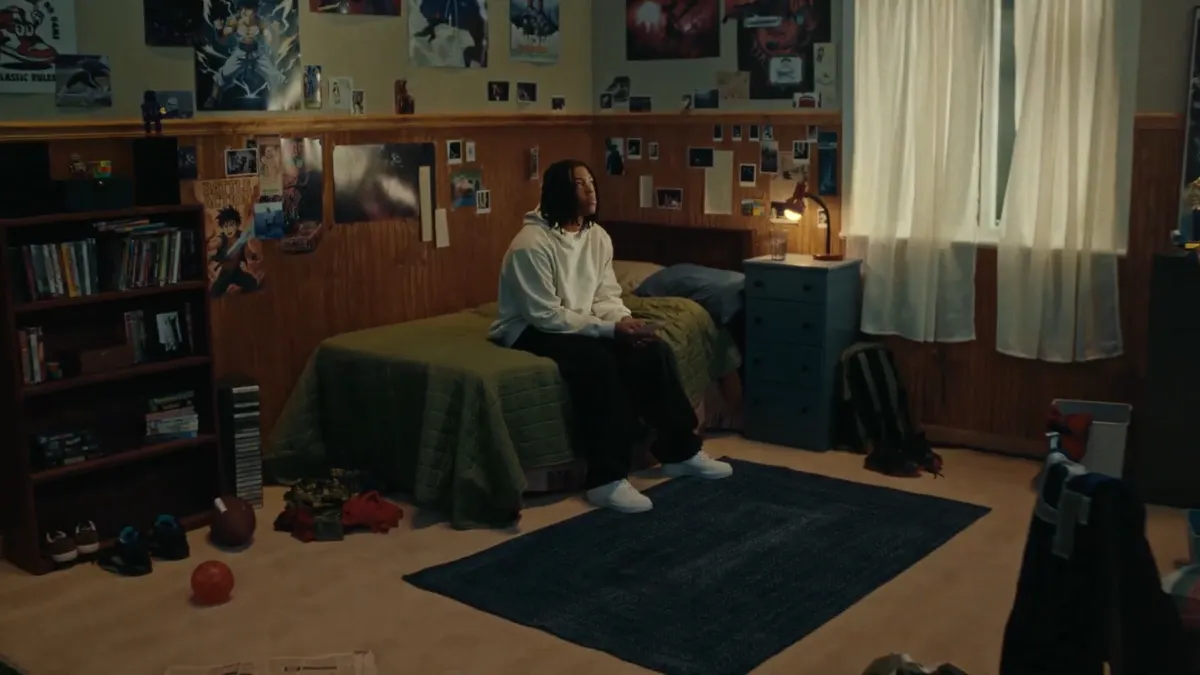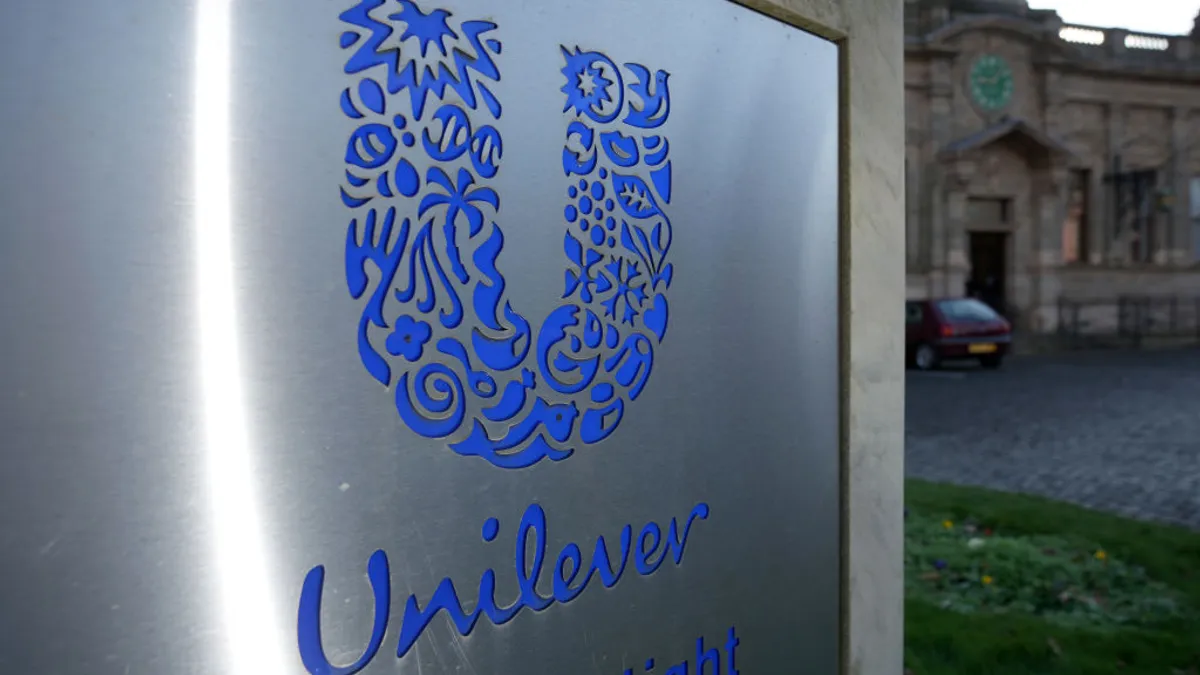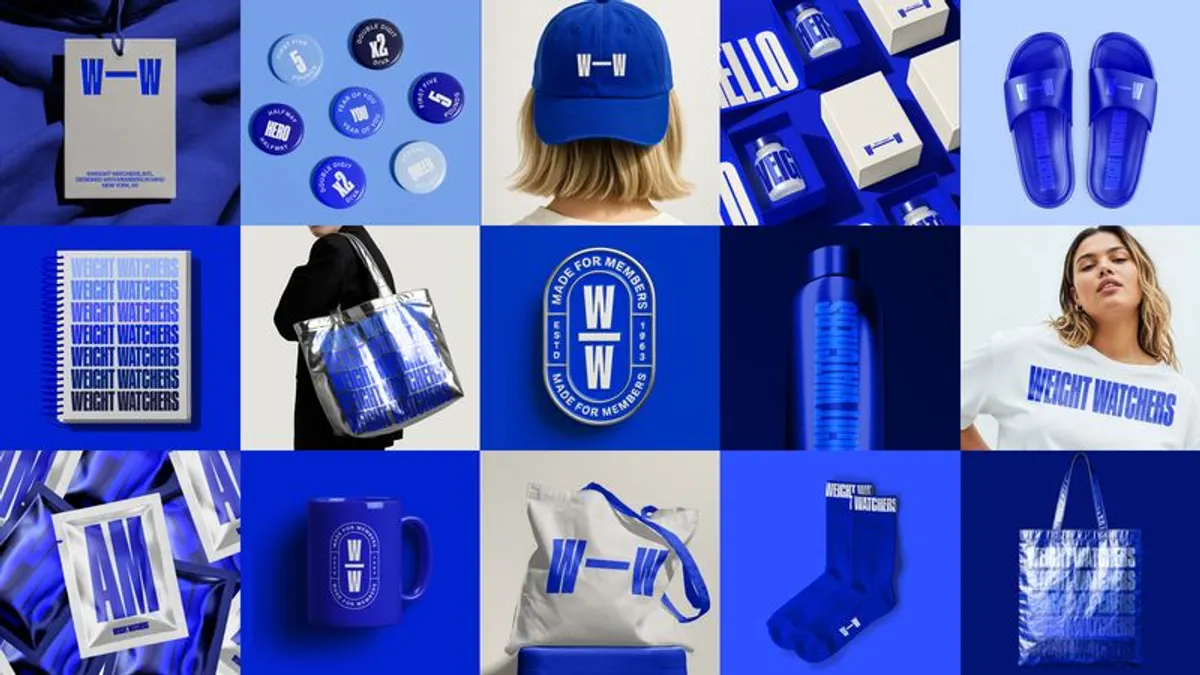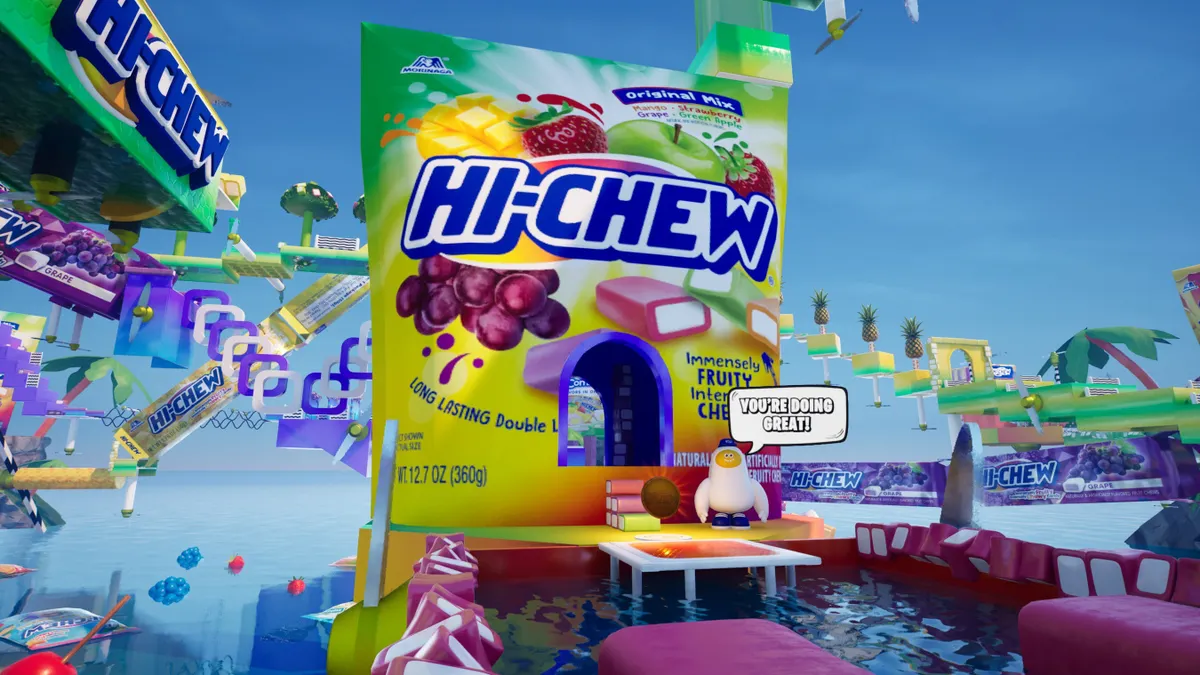After achieving viral fame for fumbling the brand’s coffee in memes, Ben Affleck made his relationship with Dunkin’ official in a splashy, self-effacing campaign around Super Bowl LVII in February. The chain’s big game debut landed as a touchdown on the creative front, ranking highly among ad trackers and inspiring a recent sequel that further enshrined the “Air” filmmaker as the company’s humorously beleaguered celebrity face.
For Dunkin’ CMO Jill McVicar Nelson, the Affleck work is emblematic of a larger shift in messaging strategy, one that aims to be more outwardly confident. The company made its mark in the 2010s by pushing the envelope on mobile and rewards but is now trying to strike a better balance between performance marketing and brand-building at a point of post-pandemic transition for the quick-service restaurant (QSR) industry at large.
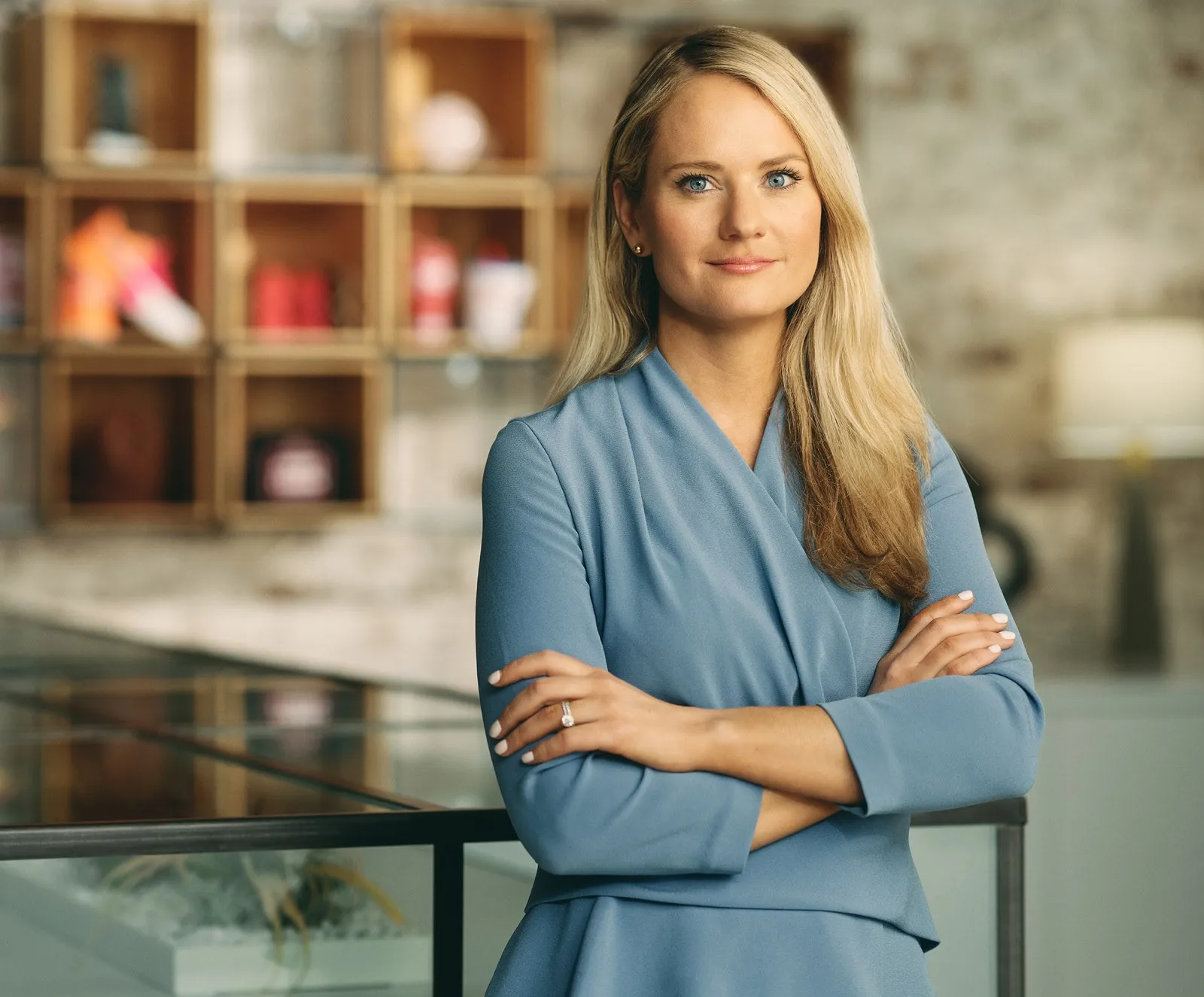
“I've been with Dunkin’ since 2011. I've had the benefit of seeing a lot of initiatives that have worked well for Dunkin' and some that maybe haven't been as successful,” said Nelson in a recent phone interview with Marketing Dive. “Part of what we're trying to do in this new chapter is focus on things that show the brand in the best way possible.”
Nelson was promoted to the chief marketer spot in September after previously helping execute major Dunkin’ initiatives, including the Blueprint for Growth strategy that saw “Donuts” dropped from the name and a foray into the cold brew category. Her appointment followed a period of marketing flux for the brand. Prior CMO Rafael Acevedo lasted just nine months in the position, while Dunkin’s creative agency roster has undergone several changes in recent years, with Publicis Groupe's Leo Burnett taking over the account in the first quarter of 2023.
Along with betting bigger on apps like TikTok, where Dunkin’ was an early entrant among QSR marketers in 2019, Nelson said one of her biggest mandates is bringing a clearer sense of focus to Dunkin’ moving forward.
This interview has been edited for clarity and brevity.
MARKETING DIVE: I wanted to talk about the recent work Dunkin's done with Ben Affleck, starting with the Super Bowl campaign and then the follow-up ad from a few weeks ago. How did that partnership come together?
JILL MCVICAR NELSON: I like to joke that it was the longest audition process. On the one hand, he's an incredibly visible celebrity who has been tied to Dunkin' publicly, unofficially, for many years. On the other hand, the decision to do something so major at that scale came out of a shift in our direction to focus on the idea of “fewer, bigger, better.”
Finally working with Ben at the Super Bowl level was our first foray into a larger brand message that reminds people about the things that we do best. It was fun to be able to give a nod to pop culture and the memes in relation to Ben and Dunkin'. We are happy with how the ads performed. It was a bit of a kickoff for the Dunkin' Run offer, which is our value platform that we're promoting right now focused on our core breakfast items.
It's interesting to see Dunkin' hit the gas on brand-building. How do you think about the split between brand and performance marketing at the moment?
NELSON: We've been around for 70 years. We're well-known across the country. For us, there is a balance between awareness-building and brand-building with driving initiatives that push more targeted audiences.
On things like limited-time offers, performance marketing can be a valuable tool to understand if your marketing dollars are being spent effectively. We use it to make the majority of our decisions on what we're going to promote and how we promote things. I do think we've been a little more weighed in the performance marketing side of things for a while. It was time to balance that out with a nod to the brand and the affinity that people have for it.
For Dunkin', a key part of our business is this idea of routine, of being someone's choice when they're going for coffee on a daily, ritualistic basis. We’re trying to be the coffee brand for that next-generation consumer who might have known Dunkin' when they got Munchkins or doughnuts with their parents as kids. Now, as that next generation starts to drink coffee, being relevant and speaking to consumers in a modern way is important.
Dunkin’ was one of the first QSRs to embrace TikTok. Has your presence been led by paid media or been more about finding Dunkin' communities that are already on the platforms and further supporting that with advertising?
NELSON: It's a little bit of both. I would say it's more the latter. The unique nature of the coffee business is people love to share and showcase what they're eating and what they're drinking, like these beautiful iced beverages. Dunkin' shows up well in those areas.
We do a ton of social listening and pay attention to what our consumers are talking about. We like to be as human of a brand as we can. We announced we're making Butter Pecan Swirl a permanent coffee flavor on our menu, which, to a Dunkin' loyalist, means a lot. It's probably one of the most prominent things we see people posting about or tagging us in.
We have shifted some of our spend to be more paid on social because that is where a lot of those target customers are. But we are lucky in the sense that there's a lot of organic activity among our guests.
Right around when you stepped up as CMO, Dunkin' revamped its loyalty program. There was some stir in the community about the changes. It's now been in the market for a few months and I'm curious about how it's progressing.
NELSON: We've been really happy with the results of our revamped Dunkin' rewards program. There are over 4 million new members that have joined since we launched Oct. 6. We've expanded the rewards that you can get through the loyalty program and we've seen our members redeem over 35 million free rewards [Iced coffee is the most common redemption, followed by hot coffee, hashbrowns, doughnuts and iced espresso and cold brew, a spokesperson said in a follow-up email].
There was some initial noise upfront about the changes, but we did those changes in response to customer feedback that we'd gotten around the ability to redeem for more categories and the ability to recognize loyalty.
The thing about Dunkin', regardless of the loyalty program, is that we have an incredibly passionate, active member base. For being recognized for that loyalty, we have this boosted status tier within the program. About a quarter of our active members actually have boosted status, so it's easier for them to get more points.
There's a lot more to come from us in that area. We want to continue to push people into the program and grow in one-to-one marketing in the future.
Summer's coming up, as is iced coffee season. I'm sure you've got things in the works there.
NELSON: Our iced beverages are where we see the most growth across our menu categories. Particularly with that next-generation consumer, we see more premium, customizable iced drinks are really popular. We've been number one in iced coffee for many years. We've leveraged that leadership into other areas: Dunkin' Refreshers, our iced espresso and cold brew, which has been growing quite quickly. We're very excited about this summer. We have a lot planned around Dunkin' iced beverages and celebrating the full platform.
Dunkin' has been through a few agency changes and recently shifted creative work to Publicis Groupe. From your perspective, has it been a challenge to nail down the post-pandemic direction of the brand?
NELSON: We’re constantly trying to evolve our communications. There have not been major issues there other than continuing to ensure we're working with the best partners and showing up in the best way that we can.
People want great-tasting breakfast delivered fast and at good value from Dunkin'. The nuances beneath that have changed. I mentioned we're seeing people having more premium or iced drinks than we did previously. We're seeing people having more food and wanting more variety on our menu. On the value piece, rewards is playing a bigger role and even just the type of value our guests expect from us. It's more personalized.
More people gravitated toward digital channels during the pandemic and that has only continued as people use mobile ordering and delivery. Now being part of Inspire Brands, I'd say that has been the biggest unlock for us. The scale and the investment that Inspire has made behind data and digital platforms is helping create a more efficient, personalized experience.
I almost feel obligated to ask about emergent technology like AI. Are there any experimental bets you're trying out?
NELSON: We want to be leaders in digital. Being a personalized, fast brand is our area. More AI could play a role.
In our loyalty program, targeting someone who comes in maybe once a week, using the power of our AI to say, “Hey, can we send them a specialized offer to come in twice a week?” Using loyalty program data to shift consumers' buying habits is one way to use AI.
You've been at Dunkin' for over a decade and now in the CMO role for over half a year. How has being in the driver's seat changed your perspective of the brand and where it needs to go next?
NELSON: I grew up with the brand and bleed pink and orange. What I'm hoping to bring to the table are three things: I've talked about the next generation of coffee drinkers. That's really important. Digital leadership and one-to-one marketing is certainly our future, and through Inspire, we have access to more resources that will give us a head start.
The last thing is focus. We've launched great products, and we've had a loyalty program for 10 years. But we've jumped around a lot and it's time we get a bit more credit for the things we do really well but maybe haven't spent enough time talking about. The Super Bowl was probably the best example of that. We can talk about the brand, we can talk about what we do best at a major scale and feel proud of that.


